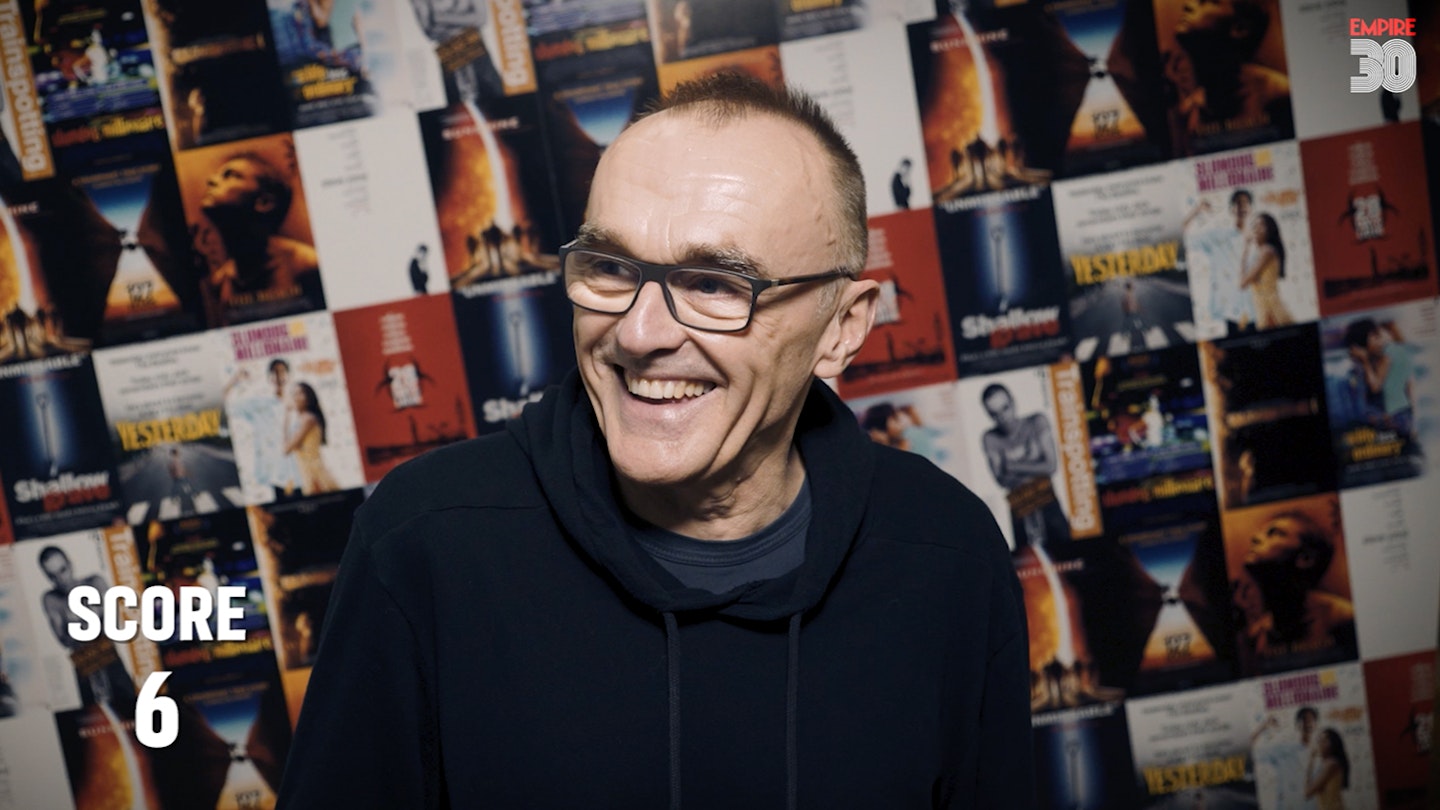Already the winner of several awards, this sprawling period drama is a majestic summation of the stylistic and thematic concerns that have preoccupied István Szabó for the past 25 years. As in any epic with a 150-year sweep, there are bound to be underdeveloped threads. But Szabó is such a sensitive humanizer of history, it's impossible to avoid being born along on this tide of events.
Having profited from sales of its herbal tonic, the Sonnenschein family has severed its rural roots to settle in 1860s Budapest. But its Jewish heritage will also be sacrificed as successive generations bid for greater acceptance. Ignatz (Fiennes), a lawyer and loyal imperialist, defies his father to marry his adoptive sister, Valerie (Ehle), while their son, Adam (Fiennes again) changes the family name to Sors and embraces Christianity so he can fence in the 1936 Berlin Olympics. Finally, having seen his father die in Auschwitz, Ivan (guess who?) becomes a Communist apparatchik, whose career is derailed by adultery and the 1956 Uprising.
Even though knowledge of Hungarian history isn't a prerequisite, this impeccably staged melodrama's richness can only be fully appreciated alongside Szabó's earlier masterpieces, Mephisto, Colonel Redl and Hanussen. Just as Klaus Maria Brandauer played a triumvirate of flawed individuals, so here does Fiennes, each character's patriarchal zeal and susceptibility to lust and power resulting in his downfall.
For all the complex intrigues, ardent couplings and divergent political creeds, the message of the film is surprisingly simple - to thine own self be true, because the state will always betray you, whether you compromise with, resist or acquiesce in its tenets. In these post-nationalist days of European integration, it's a lesson worth remembering.



